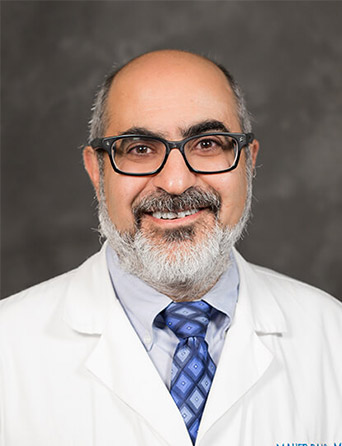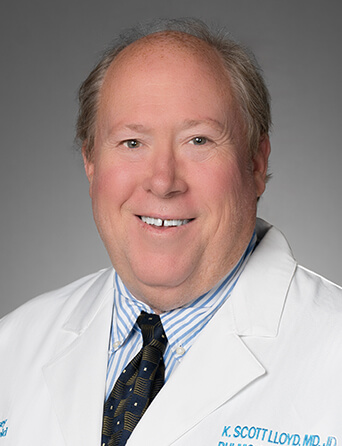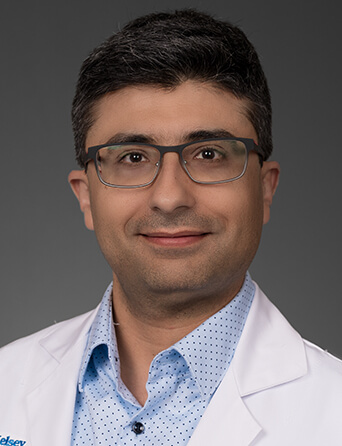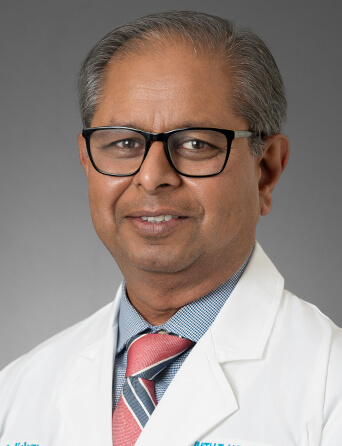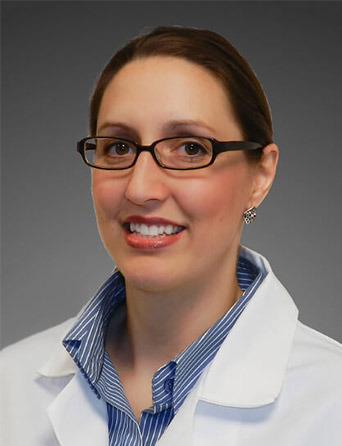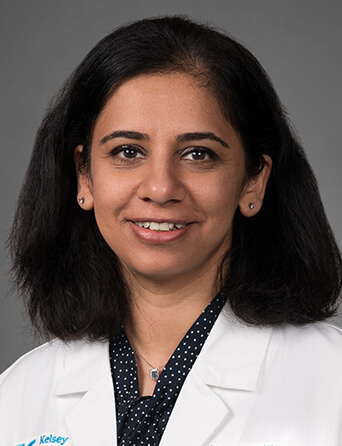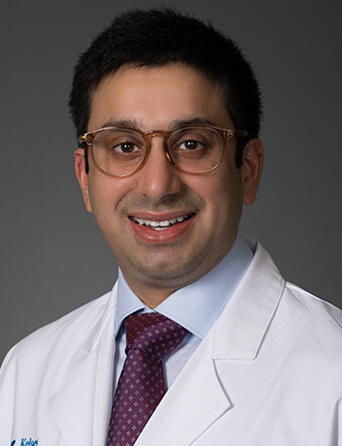Join Our eNewsletter!
Subscribe to our monthly newsletter to receive encouraging advice to help you lead a healthy lifestyle.

How Sleep (or Lack Thereof) Affects Your Health
Sleep is one of the most important gifts we can give to our bodies. It’s essential for not only physical health and safety but also for mental health and quality of life. Giving your body and mind the time to rest, refresh, rebuild, and renew can contribute to better health and overall life.
The Power of Sleep
It makes sense that people with sleep deficiency might not perform at their optimal level, but it goes way beyond that. So why is sleep so important for your health?

It promotes healthy brain function. Your brain prepares for the next day while you sleep. People who lack sleep can make impaired decisions, have more difficulty solving problems, and difficulty controlling emotions and behavior. Sleep can improve learning, whether it’s a new skill, schoolwork, or business process.
It affects physical health. Many serious health conditions can be tied to sleep deficiency. People who continually lack sleep are more prone to obesity and Type 2 diabetes. Sleep deficiency also can be linked to an increased risk of kidney disease, high blood pressure, stroke, and heart disease. Sleep helps heal and repair your heart and blood vessels. The stakes are high when you choose to replace sleep with doing other things.
It impacts your performance during the day. Imagine driving a car, making business decisions, or taking exams during the school day on reduced sleep. While safety is on the line with driving, other aspects of your day can have critical ramifications when sleep deficiency is involved. The National Institute of Health reveals that even a loss of just one to two hours of sleep per night over several days can impact your ability to function as if you hadn’t slept at all for a day or two.

Make A Plan
Getting the right amount of sleep can make you feel happier and be more productive in addition to the important health benefits it provides. Adults 18 and older need seven to eight hours of sleep per night while children and teens need nine to 12 hours and eight to 10 hours a day, respectively. Create a plan to encourage success with your sleep:
- Try to go to bed at the same time each night (within an hour) on weeknights and weekends. A shifting sleep and wake-up time affects your body clock and sleep-wake rhythm. Consider using an alarm to remind yourself to go to bed on time.
- Avoid a big or heavy meal within a couple hours of bedtime as well as strenuous physical activity. Aim for a quiet time an hour before bed without blue light stimulation from phone screens and TV.
- Keep the bedroom cool and dark to encourage a proper sleeping environment. The Better Sleep Council recommends 65 degrees for optimum sleep.
For more information, the Centers for Disease Control and Prevention also offers sleep hygiene tips. Visit a Kelsey-Seybold physician if you have questions about specific sleep issues or trouble falling asleep.
Our Pulmonary Medicine Team
Our pulmonologists diagnose, prevent, and treat a variety of lung and sleep conditions at Kelsey-Seybold Clinic locations throughout the Greater Houston area, so you’re never far from the pulmonary care you need to breathe and sleep easier.

